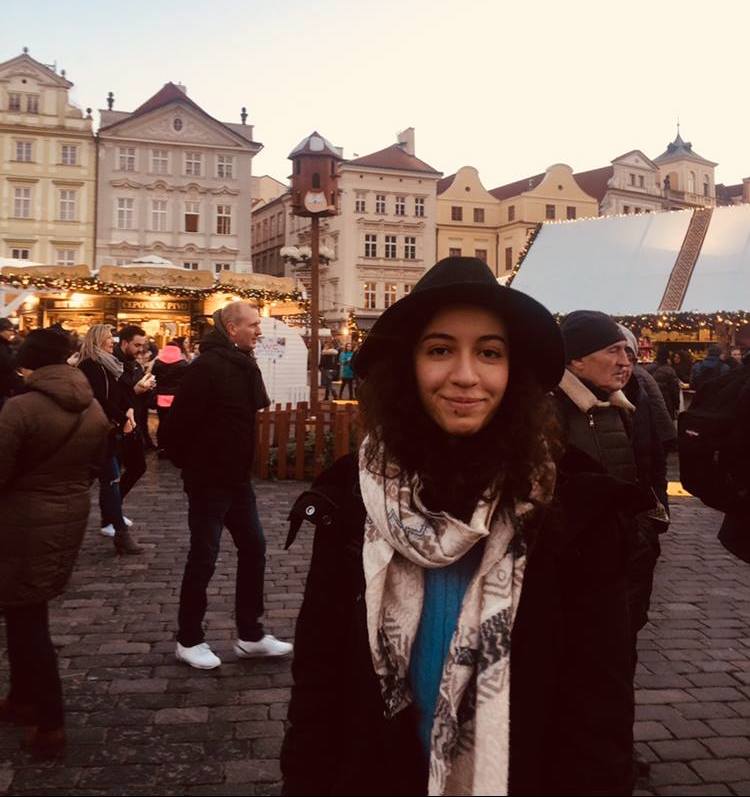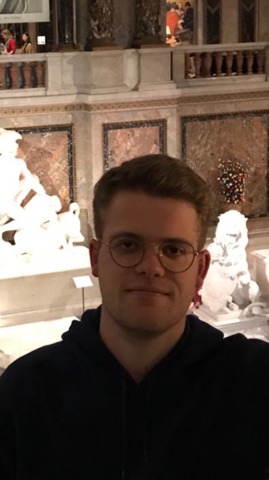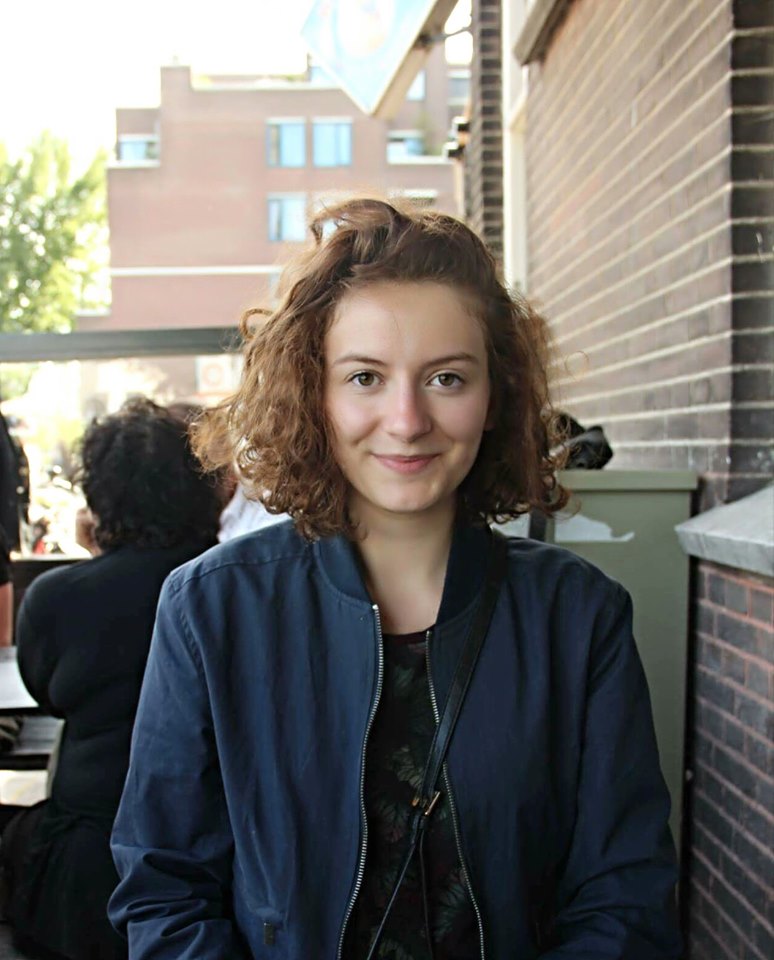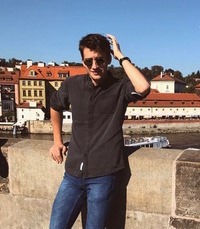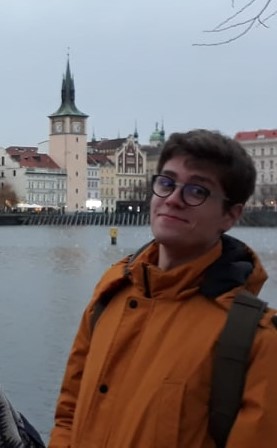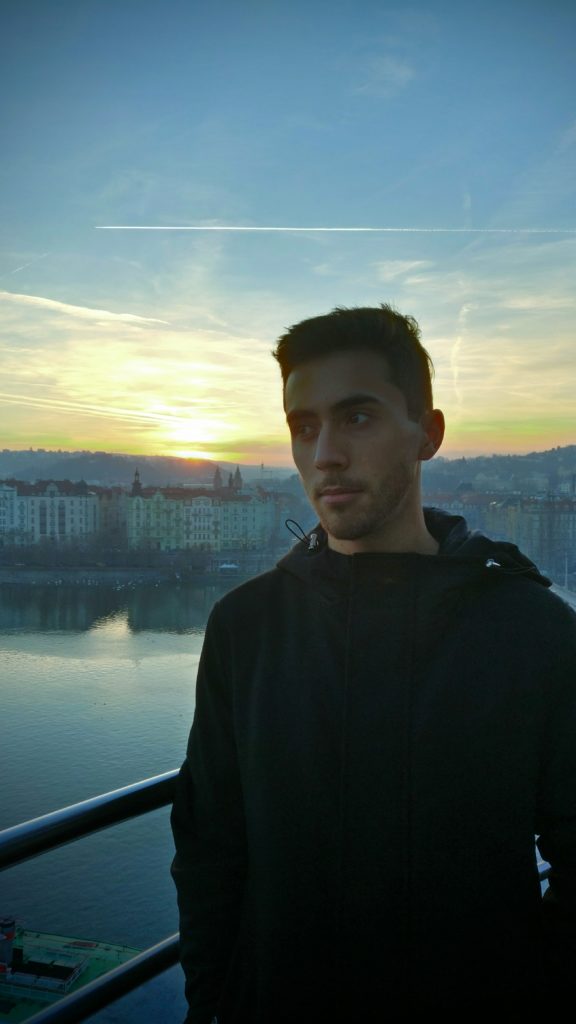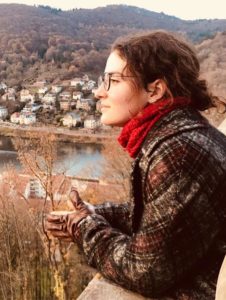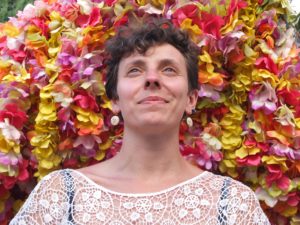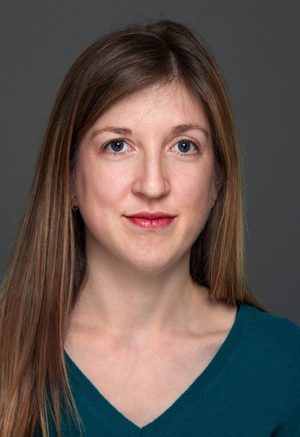Zineb El Ouassini
Bachelor in Social sciences at EGE Rabat (Ecole de Gouvernance et d’économie) in Morocco. Currently in Prague on exchange at Metropolitan University Prague (International Relations and European Studies department)
Research and study fields: Interest in topics related to global issues in International Relations, contemporary history, geopolitics and political geography of the MENA region, development studies, Security studies (migration and refugees) and environmental governance
Internship duration: June-July 2019
Administrative internship
Hoevi Foch
First year of Master program in modern and contemporary civilization (history) at Jean Jaurès University (Toulouse II), currently doing an ERASMUS at Charles University
Research and study field: Contemporary history, history of minorities, medicin and gender during the XIXth century. Interest about the normalization and marginalization process bounded with the history of psychiatry
Master thesis topic: Mania and Melancholia in Toulouse during the XIXth century
Internship duration: June-July 2019
Research and administrative internship
Xavier Vest
Bachelor student at the Institut d’Etude Politique of Rennes, currently in Prague as an exchange student at Charles University, within the Faculty of Sociology
Research and Study fields: General interest for humanities, contemporary history, political philosophy, sociology, International relations
Internship duration: June-July 2019
Administrative internship
Léna Perrin
Bachelor student at the Institut d’Etude Politique of Lyon (Sciences Po Lyon), currently in Prague as an exchange student at Charles University, within the Faculty of Humanities
Research and Study fields: Political science, political philosophy, history of law and institutions, French and comparative constitutional law, cultural anthropology
Internship duration: May-June 2019
Administrative internship
Jacques-Hans Roche
Bachelor in History (Law and Political Sciences) at the University of Lorraine. Currently in Erasmus exchange at Charles University in Prague
Research and Study fields: Contemporary History, History of International relations, History of the European Union construction, Institutional system of the European Union, French political history
Internship duration: May-June 2019
Research and administrative internship
Jade Iafrate
Student at Sciences Po Aix, France, graduated with a double bachelor’s degree in Political Science and Law. Currently an Erasmus student in the Master’s Degree in Social Sciences at Charles University
Research fields: Political science and political decision analysis, international relations, international public law, history of human rights and freedoms, European rights, and history of political thought since 1789
Master thesis topic (provisional title): The impact of private couple-relations on human rights in France’s Fifth Republic
Internship duration: April-May 2018
Research and administrative internship
Koupaia Corbet
Master Esdoc (Library, Documentation, Research) at Poitiers University, in Information and Communication Science, Faculty of Humanities, Social Sciences and Arts
Research fields: open-science, cultural médiation, traditional music, research data management in Scientific and Technical Information
Master thesis topic (provisional title): Open science as a tool for the transmission of ethnomusical heritage
Internship duration : April-July 2019
Administrative internship in library/documentation
Martin Espinas
Bachelor degree in applied human sciences at Grenoble Alpes University currently in exchange at Charles University of Prague
Research and Study fields: Contemporary history, geography, world geopolitics, multidisciplinary and comparative approach on subjects through different human sciences points of views
Internship duration: March-April 2019
Graphic and administrative internship
Hector Marchand
Master’s degree in Political Science at Rennes’ Law University, France. Currently on exchange in Prague at the Metropolitan University Prague‘s International Relations and European Studies department.
Research and Study fields: Interest in broad Political Science topics with an emphasis on questions related to International Politics. International system, governance, structuring ideologies, place and dichotomy of actors (nation-states, supra/infra/inter-state actors…); conceptualization of conflicts and security, among others.
Internship duration: March-May 2019
Research and administrative internship
Coline Perron
Franco-German Master in History and Civilization/Geschichtswissenschaft at EHESS, Paris and Ruprecht-Karls Universität, Heidelberg; élève normalienne at Ecole Normale Supérieure de Paris, rue d’Ulm.
Research fields: contemporary history, especially the history of the Eastern countries during the communist period; cultural mediation in the field of historical memory, particularly problematics around the opening and making available of archives; administration of cultural institutions, including history museums; translation of literary texts (French /German/English + intermediate level in Spanish and notions of Russian); intercultural communication.
Master thesis topic (provisional title): Independent environmental groups in the GDR in the 1980s
Internship duration: February-April 2019
Research and administrative internship
Marie-Anna Hamanová
Master studies in Interpretation (Czech–French) and Czech Language and Literature, Faculty of Arts, Charles University.
Research fields: Interpreting, Bilingualism, Psycholinguistics, Contemporary Czech literature
Master thesis topic: Bilingualism as a disadvantage? Lexical retrieval in the bilinguals’ first language.
Internship duration: July–September 2018
Administrative internship (translation)

